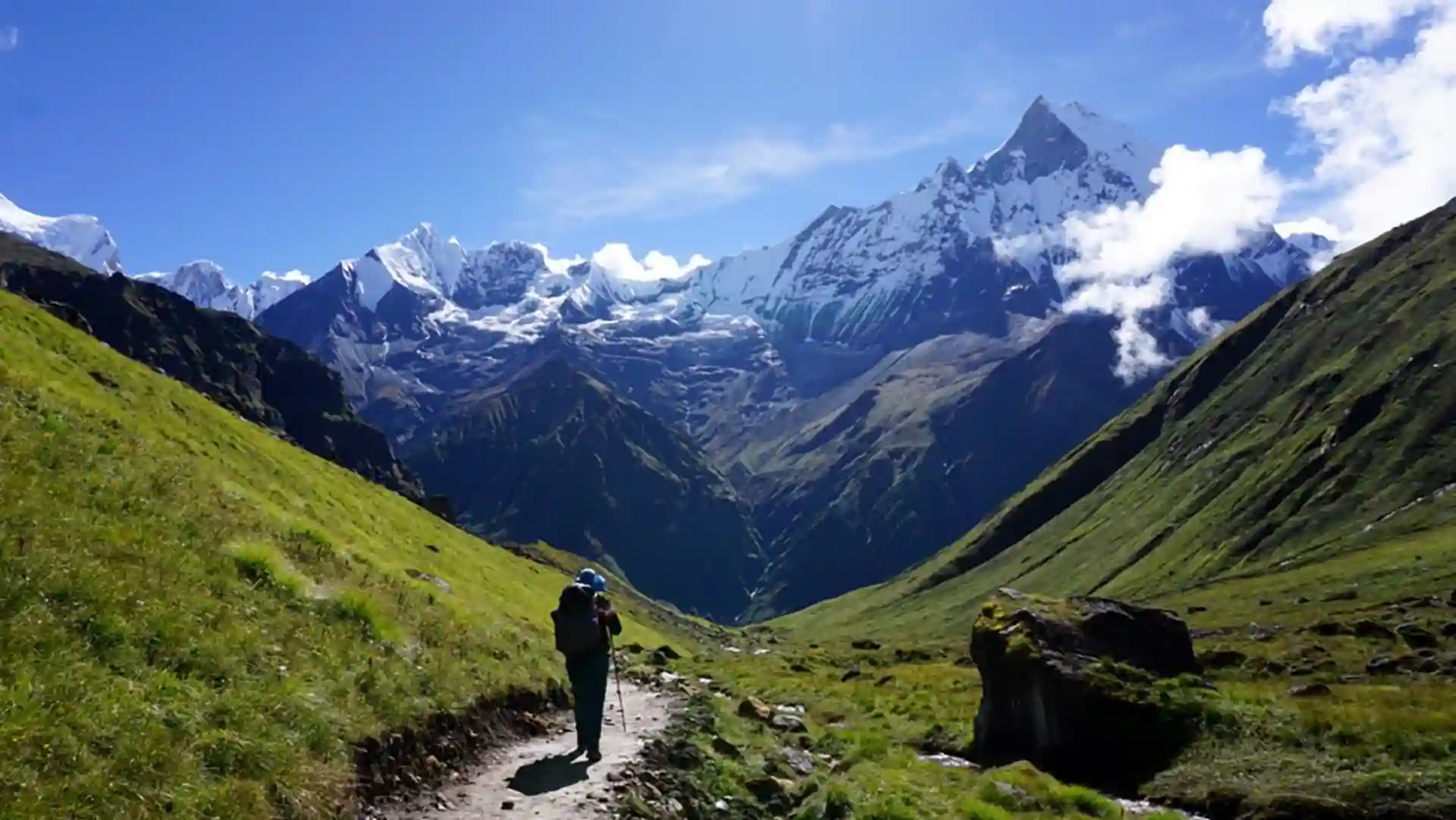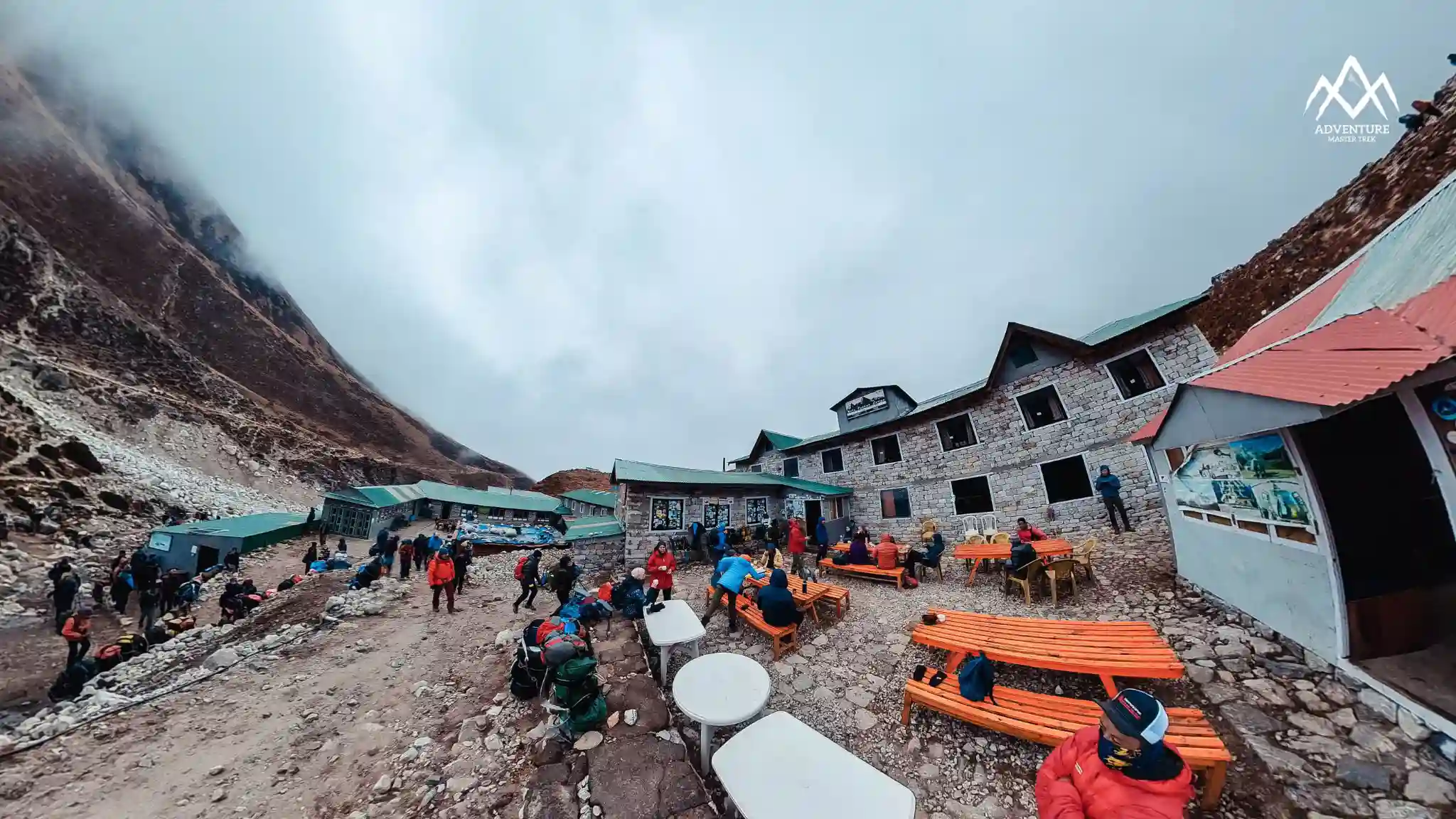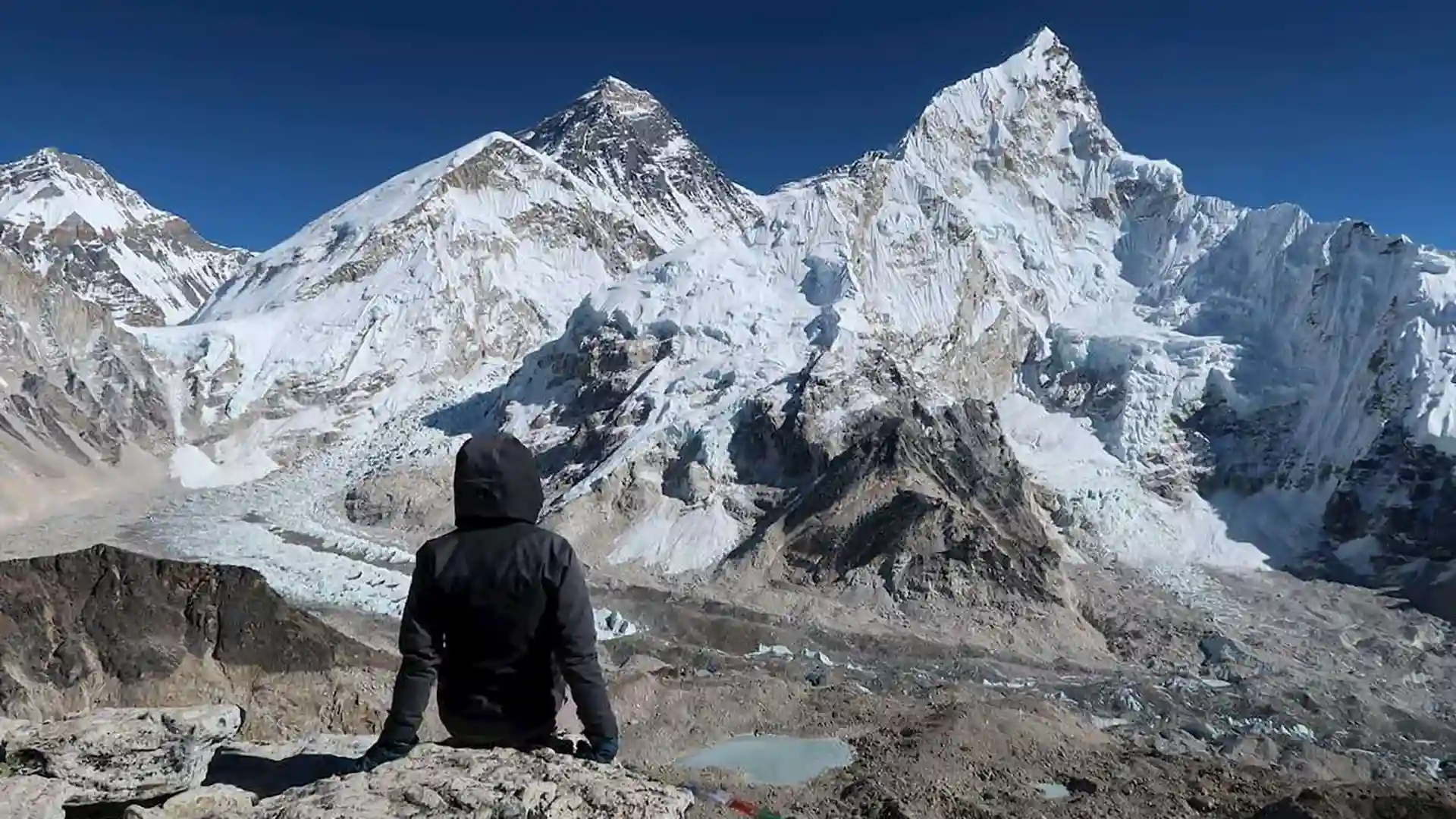There existed a time, when the norm was that whenever the human mind found itself in conflict, men would set out to the mountains in search of peace and balance. Such is the healing power of mountains that the clean air cleared the mind to think better and the positive vibrations helped one to self-reflect and see the ongoing situation from a fresh perspective. It is no wonder then, that people returned healed and healthy.
In today’s fast-paced, technology-driven world, finding such places in the mountains is challenging, given the time constraints. Yet, the heart yearns for this connect and the mountains still hold their power to heal. It is no wonder then that even today, trekking in the mountains is still a profound way to enhance mental health. Here’s a deep dive into why mountain trekking is so beneficial for our mental health.
-
Connection with Nature
There is ample scientific evidence to showcase the positive impact of trekking in the mountains with our mental & emotional wellbeing. Mountains, with their mighty structures and yet serene landscapes, present us humans with a powerful antidote to the stress of the urban life. Immersing ourselves in nature and soaking up the peace that comes with uninhabited terrains helps reduce stress levels by noticeable margins. A few days of solitude in the mountains have been known to lower cortisol, the stress hormone. Simple facets like the fresh mountain air for our lungs, the sound of rustling of leaves and the chirping of birds for our ears, and the sheer sight of majestic peaks for our eyes – all come together to create a calming sensory experience that promotes mental relaxation and brings about clarity.

-
Physical Activity and the Endorphins connect
A trek into the mountains involves considerable physical exertion, and physical exertion is known to naturally uplift your spirits. As we hike up through the mountain trails, our body releases endorphins. These feel good hormones help to elevate mood, reduce pain perception, and create an overall sense of well-being. The physical challenge of trekking, combined with the rewards of reaching a summit or completing a trail, is a big contributor to a sense of accomplishment, which cannot be matched by even multiple trips to the shopping and local cafes. And it is this very sense of achievement which boosts self-esteem and mental resilience, helping us foster a positive outlook towards life and it’s many situations.
-
Mindfulness and Presence
Mountain trekking encourages mindfulness, which is a beautiful practice of being fully aware and present in the current moment. During a trek, there is immense focus required to navigate through the rugged terrains. An uphill trek also calls for the need to be attuned to your surroundings. This practice helps in grounding – again a practice which is widely known to lower Cortisol levels in the body. Continuing to stay in the present moment is a powerful antidote to overthinking and anxiety. Your witness your mental clutter melting away allowing you to achieve a calm, meditative state. This is a great way to achieve emotional stability and a deeper sense of inner peace.

-
Social Connection and Support
Trekking in the higher reaches, such as the Himalayas in Nepal is most often than not, a communal activity. You could go exploring with friends, family, or a group of fellow hikers. The camaraderie developed during a trek fosters a sense of support and reduces the feeling of loneliness- thereby creating a feeling of oneness and social support. During a trek, you find yourself in an environment where you overcome challenges together with people you know and sometimes with complete strangers. You celebrate your success with everyone and this goes a long wat in enhancing relationships and helps you repose your trust in the goodness in the world.
-
Personal Growth and Resilience
A trek in the mountains often presents oneself with physical and mental challenges that require perseverance and adaptability. You find yourself conquering steep ascents, navigating difficult terrains, and sometimes even enduring unpredictable weather conditions. Braving such situations and emerging victorious from such situations brings about personal growth in a smooth manner. Such challenges enhance life skills such as problem-solving, resilience, and determination.

-
Natural Therapy and Healing
There is a growing concept of “ecotherapy” or “nature therapy” today, which emphasizes the therapeutic benefits of interacting with natural environment, the concept of grounding being the front runner here. The mountains, with their positive vibrations and tranquillity, offer a form of natural therapy which is incredibly healing. There is proven scientific evidence showing that spending time in nature can lower anxiety, reduce symptoms of depression, and enhance overall mood of an individual. There is no better therapist than the mighty peaks!
-
Perspective and Reflection
The expansive views and lofty heights one witnesses during mountain trekking goes a long way in helping one to develop a changed perspective on life. Standing at a mountain summit, you develop a broader view of your surroundings and, metaphorically, your life. And this change in perspective provides immense amount of clarity and insight, helping you to view your life challenges from a new angle. The solitude and positivity of the mountains allows you to settle in with yourself with deep reflection and personal introspection. And this internal metamorphosis goes a long way in helping you process your emotions, get in tune with them and ultimately gain a clearer understanding of yourself. And when you understand yourself, you will be able to understand your world, and those who reside in it, much better.
Today numerous therapists advocate taking off to the mountains to restore your mental health – the benefits are often underrated – go on and walk on the soil that you are made up of…it will never fail you.

